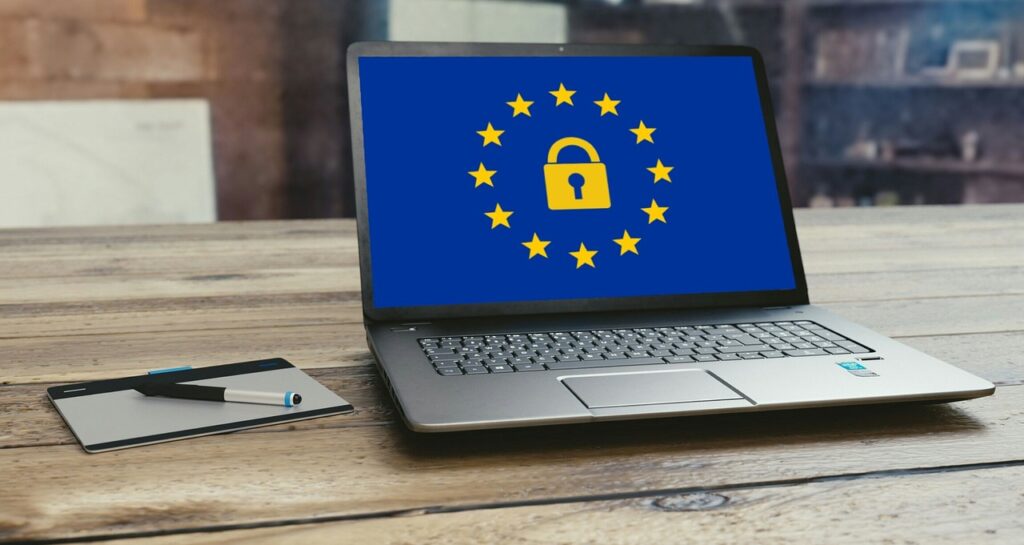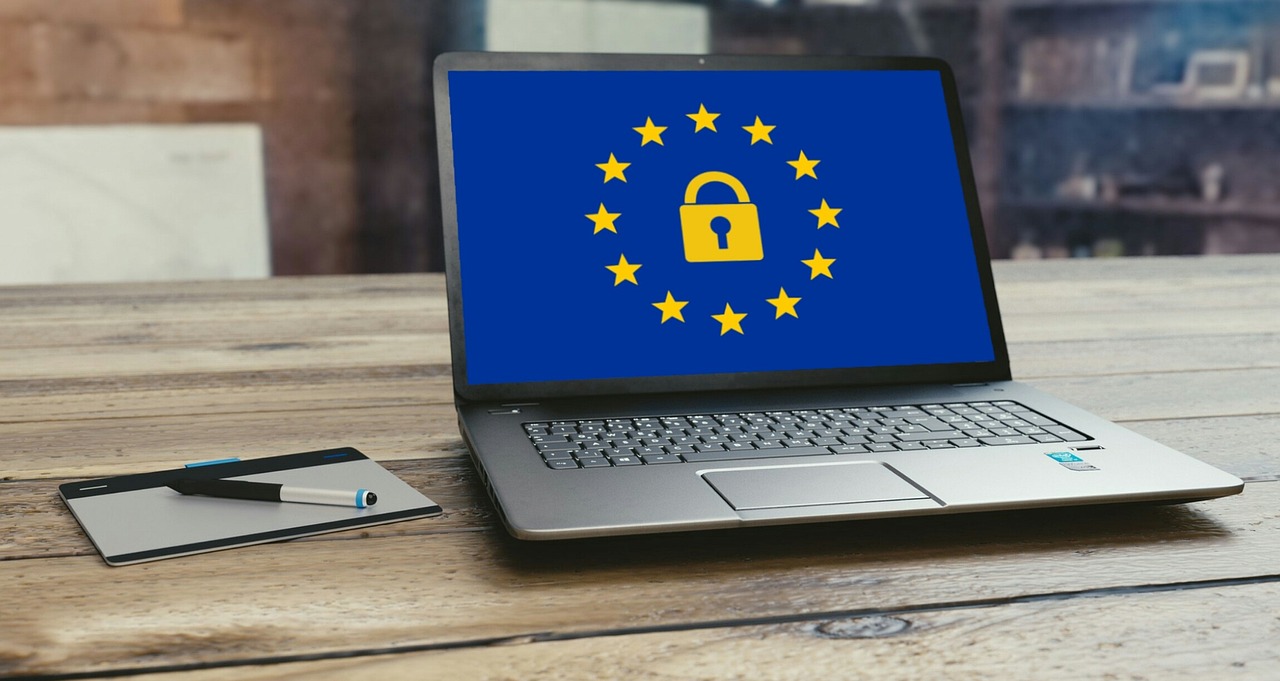
Compared to the European Union, the United States lags significantly behind in data privacy regulations. The EU’s General Data Protection Regulation (GDPR) sets a global standard for how businesses must handle personal data, requiring explicit consent from individuals and placing strict guidelines on data collection and processing. In contrast, the U.S. operates without a comprehensive federal data privacy law, leaving businesses to navigate a maze of state-specific rules.
A Quick Overview of GDPR
The GDPR, enacted in 2018, was designed to give EU citizens more control over their personal data while enforcing stricter rules on companies that process that data. For businesses, especially marketers, GDPR compliance involves obtaining explicit consent for using personal data, including email addresses, cookie data, and behavioral information.
According to a report from Piwik PRO, many businesses initially feared that GDPR would hinder marketing efforts, but the regulation has actually helped build consumer trust. In fact, 57% of businesses have seen an increase in trust from their customers since adopting GDPR standards . While GDPR compliance can be challenging, it has proven beneficial in creating more transparent and trustworthy relationships between businesses and consumers.
Why GDPR Faces Resistance in the U.S.
While GDPR has proven successful in Europe, replicating it in the United States presents several challenges. One key issue is cultural differences. As *Wired* points out, American consumers and lawmakers tend to prioritize the free flow of information and innovation over strict privacy protections . This is reflected in how U.S. tech companies have built business models heavily reliant on data collection and targeted advertising. Many in the U.S. tech industry argue that GDPR-like regulations would stifle innovation and make it difficult for smaller businesses to operate.
Moreover, the fragmented regulatory landscape in the U.S.—with different states passing their own privacy laws—makes it difficult to enforce a nationwide regulation like GDPR. The complexities of aligning state and federal regulations, combined with the powerful lobbying efforts of major tech companies, have created significant barriers to adopting a GDPR-style framework.
Why Data Privacy Still Matters
Even if a U.S. version of GDPR remains unlikely, the importance of data privacy cannot be overstated. In an age where data breaches and misuse of personal information are rampant, protecting consumer data is essential for building trust and loyalty. Consumers are increasingly aware of how their data is used, and businesses that prioritize transparency are more likely to retain and engage their customers.
For marketers, this means adopting a more customer-centric approach to data collection. Offering clear opt-in mechanisms, providing transparency about how data will be used, and making it easy for users to opt-out or unsubscribe are no longer just best practices—they’re essential. Data privacy not only builds trust but also improves the quality of marketing efforts. When customers know how their data is being used and have control over it, they are more likely to engage with marketing campaigns and become loyal brand advocates.
GDPR and Marketing: What You Need to Know

GDPR has significantly changed the landscape for marketers, particularly when it comes to email marketing and customer data collection. The regulation requires that businesses obtain explicit consent before processing personal data for marketing purposes. This means no more pre-checked boxes or vague opt-ins. Consent must be freely given, specific, and unambiguous.
Moreover, GDPR requires that businesses only collect the data necessary for a particular purpose and be transparent about how that data will be used. Marketers must also give users the ability to opt-out of marketing communications easily. This shift in data collection practices has forced marketers to focus more on building meaningful, permission-based relationships with their audiences.
According to MarTech, the benefits of GDPR compliance include more accurate data and better engagement. When marketers focus on obtaining clear consent, they end up with a more engaged audience that actually wants to hear from them .
How Wizaly Helps Marketers with GDPR Compliance
Wizaly helps businesses navigate the complexities of GDPR compliance while maximizing marketing efficiency. By leveraging Wizaly’s platform, marketers can gain a clear view of their customer journeys while ensuring that all personal data is processed in accordance with GDPR requirements.
Wizaly’s platform provides transparent, GDPR-compliant tracking that allows businesses to collect and process customer data responsibly. The platform’s consent management tools ensure that marketers only use data that has been explicitly authorized by users, safeguarding businesses from non-compliance risks. Wizaly also offers insights into the entire customer journey, allowing marketers to optimize campaigns while maintaining transparency and trust.
For businesses operating in the U.S. and the EU, Wizaly’s platform simplifies GDPR compliance by providing the tools needed to track customer interactions while respecting user privacy. By focusing on transparency and explicit consent, Wizaly helps marketers build trust with their audiences and improve the effectiveness of their campaigns.
______
While the U.S. may not adopt GDPR anytime soon, businesses can still benefit from embracing its principles of transparency and consent. Data privacy isn’t just a regulatory burden—it’s a business imperative. Customers expect transparency and control over their data, and businesses that prioritize privacy will ultimately build stronger, more loyal relationships with their audience.
For marketers looking to ensure GDPR compliance while optimizing their marketing performance, Wizaly offers a comprehensive solution. Contact Wizaly today to learn more about how we can help your business comply with GDPR and improve your marketing efforts.



